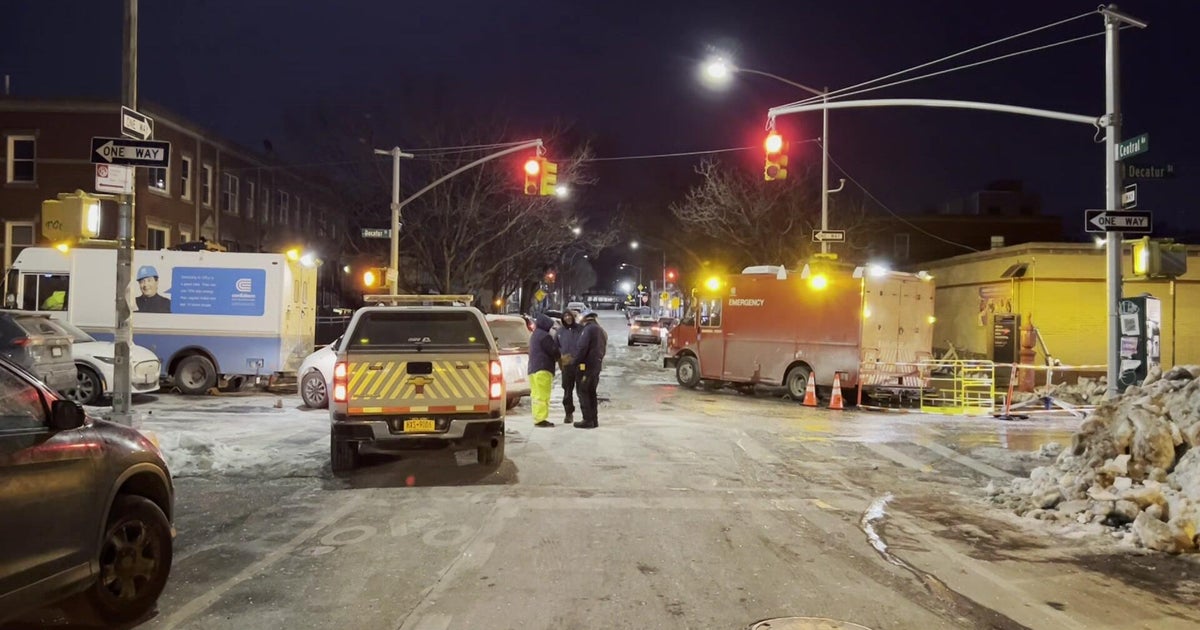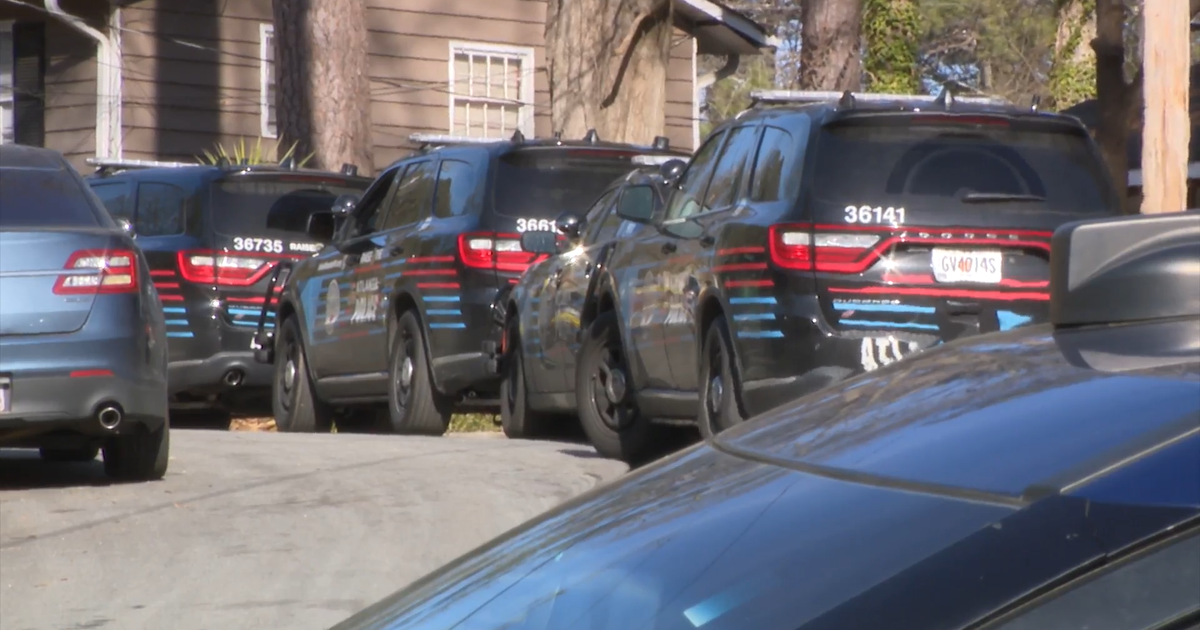PSE&G highlights improvements made in 10 years since Superstorm Sandy
SEWAREN, N.J. -- After Superstorm Sandy hit 10 years ago, it took PSE&G two weeks to fully restore power.
Wednesday, leadership took CBS2's Vanessa Murdock on a tour of a New Jersey substation and highlighted improvements made to withstand the next superstorm.
When the storm hit, poles snapped, massive trees uprooted from winds gusting up to 90 mph and surge drowned substations. The grid couldn't compete with Sandy. Two million PSE&G customers lost power.
Ten years later, the company's vice president of electric operations, Jack Bridges, took CBS2 on a tour of the Sewaren substation to highlight changes made since that infamous October night.
RELATED STORY: Sandy, 10 years later: South Street Seaport's remarkable recovery
Sandy's surge raged from the Atlantic Ocean into the Raritan Bay, up Smith Creek, ultimately flooding the Sewaren substation with as much as 12 feet of water.
Through the Energy Strong initiative, Sewaren was the first station of 36 in flood plains to get the overhaul.
"As we walk through the yard, you can see the overhead bus work and the associated equipment," Bridges said.
The circuit breakers, capacitors, transformers and switch gear are all elevated.
"We raised and rebuilt FEMA flood plain plus 1 foot to ensure that future events would not take the station down," Bridges said.
RELATED STORY: City leaders break ground on new initiative designed to better protect Manhattan from storm surges
Pre-Sandy, equipment stood out in the elements on the ground. It's now weatherproofed and lifted one flight up.
"All new equipment here, new technology with the relays that have been installed," Bridges said.
The lot itself got a boost. If Sandy stormed ashore today, critical equipment would stay dry.
"With what you've done, is it enough to truly withstand another superstorm?" Murdock asked.
"Well, it depends on the conditions. As we know, every storm is different. From a flooding perspective, we're addressing them," Bridges said.
Bridges adds through a second Energy Strong program, PSE&G will add more resiliency to poles and wires to withstand stronger winds.








